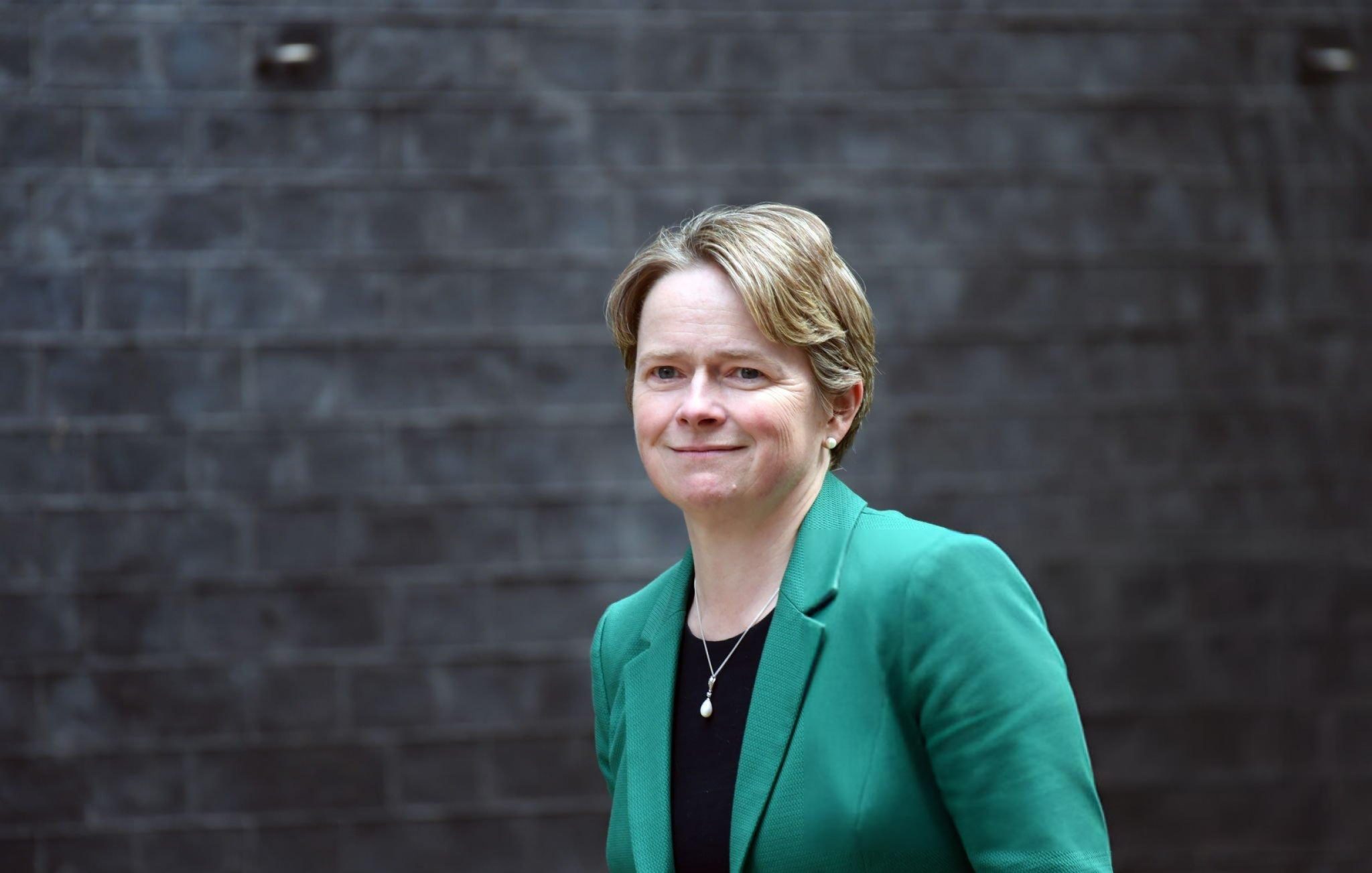Baroness Dido Harding, the former head of NHS Test and Trace, has told the UK Covid-19 Inquiry that lives could have been saved if the Government had spent more to support people in self-isolation during the pandemic.
Speaking during a public hearing, Lady Harding said that the UK fell short compared to other developed nations in providing financial and practical support for those who were required to isolate. She pointed the finger squarely at then-chancellor Rishi Sunak, saying he blocked proposals “at every opportunity” to increase isolation support payments.
“There was an intransigence to that that I think was very sad,” she told the inquiry, lamenting what she described as a persistent refusal to engage with recommendations from health officials. “If we had allocated more of the NHS Test and Trace budget to isolation support, I strongly suspect that fewer would have died and infection rates would have been lower.”
Lady Harding highlighted that in September 2020, when self-isolation became a legal requirement in England, the Government introduced a £500 support payment for low-income earners unable to work from home. However, she argued that this measure fell far short of what was required.
In her witness statement, Lady Harding said the UK “spent proportionally much less than other developed countries” in supporting disadvantaged individuals to isolate. This, she claimed, undermined efforts to control the virus.
Despite having sufficient funds within the Test and Trace budget, Lady Harding said her proposals to shift more of that money towards isolation support were repeatedly rejected. “We didn’t spend all of our budget,” she said. “And I also think that spending more on self-isolation would have reduced the need for testing.”
Responding to questions about whether she felt responsible for the outcomes, she admitted it was the single biggest regret of her time in the role. “It’s certainly the thing that I wish I had succeeded in persuading ministers to do,” she said, adding that the decision ultimately lay with the Treasury, and not her.
Summarising Lady Harding’s written evidence, inquiry counsel Sophie Cartwright KC said that Harding had continued to champion increased support during a time when uptake of self-isolation was low. She even described the experience as “banging her head against a brick wall”.
Lady Harding emphasised that modelling data supported her position. “The data told us that people weren’t coming forward for testing because they were scared of the consequences of isolation,” she explained. “To be honest, it was intensely frustrating.”
She also spoke emotionally about reviewing communications and internal papers from the time. “I found it quite distressing reading it to be honest,” she said. “We did try really hard to persuade ministers that this would be a good thing—not just for the wellbeing of disadvantaged people but also economically. This was one of the ways you could have had less economic harm.”
Lady Harding suggested that Mr Sunak’s opposition stemmed from a matter of political principle. “I don’t think there was any amount of data and analysis that I could have put that would have changed his mind. It was a point of principle that he didn’t want to create an additional welfare benefit,” she said.
When asked about Test and Trace’s communications strategy, she revealed that all public messaging had to go through Downing Street. She said that, in a future pandemic, public health agencies should not only have expertise but also “permission to speak.”
“Trust in a system like this is its most important quality,” she said, adding that more autonomy could have helped improve public confidence.
Ms Cartwright responded, noting Harding’s belief that Test and Trace was turned into “the whipping boy” during the crisis, denied both the resources and the voice it needed to succeed.
The inquiry continues.






